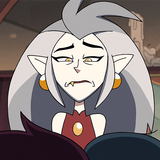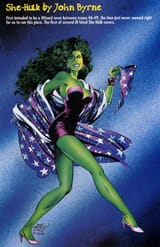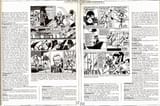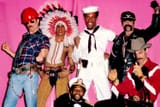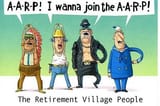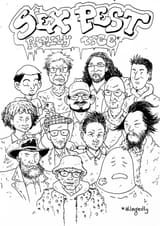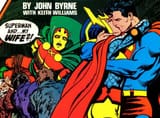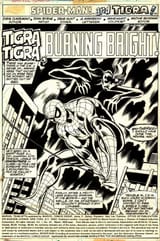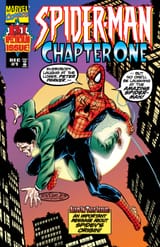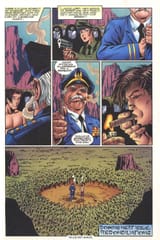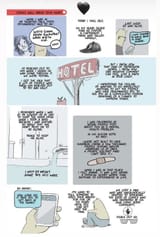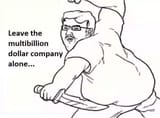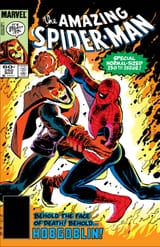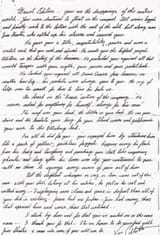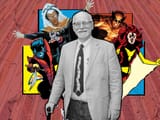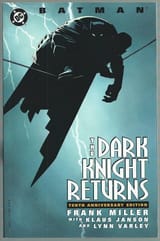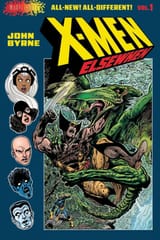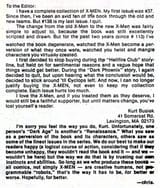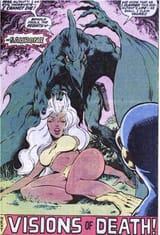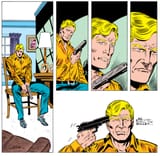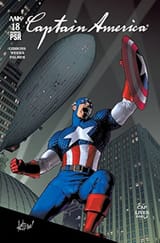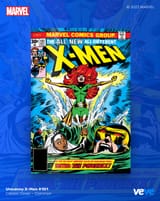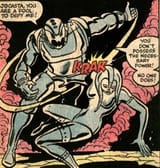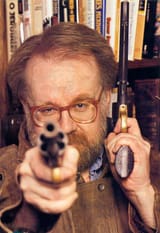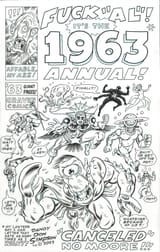>>149992502 (OP)
>How did John Byrne rise to power in the comics industry if everyone hated him?
Because not everyone hated him. Like others have said, he rose up in the 70s as a star artist on both the quality of his work, and the sheer quantity he was able to produce per month, and became an artist who'd boost sales significantly by moving to a book, as in tens of thousands of readers following him. That he fell out with some other people in the industry was just something worth putting up with if you were an editor at Marvel or DC and had the chance to put him on a book. A lot of the tard wrangling Jim Shooter had to do in running 1980s Marvel seems to have involved the bickering between Byrne and Claremont, but both men got a lot of free reign creatively even then, because their work sold. Back then the industry wasn't a place where you could try and get someone fired and their career ended because you fell out with them and they had the wrong opinions on any particular subject.
By the late 80s and early 90s, some of Byrne's writing work on books like Superman, Avengers and Wonder Woman was turning off longtime fans with the things he was doing to characters, but he was still a big star artist with a big fandom following him around, so he still got to do whatever he wanted on a lot of books.
Fandom didn't really fall out of love with Byrne until the mid to late 1990s, he was one of the first industry pros to be terminally online and giving his hot takes and opinions on all manner of subjects, comics-related and not, and this led to the general perception of him that's endured ever since, while as he got older, his art just wasn't as strong as it had been in the 70s and 80s. By the time Marvel brought him back in 1998 for a Spider-Man relaunch, it was the 90s equivalent of Bendis going to DC to relaunch Superman; a former star that the fandom had turned against, a guy nobody wanted on the book, and everything he did was poorly received.


